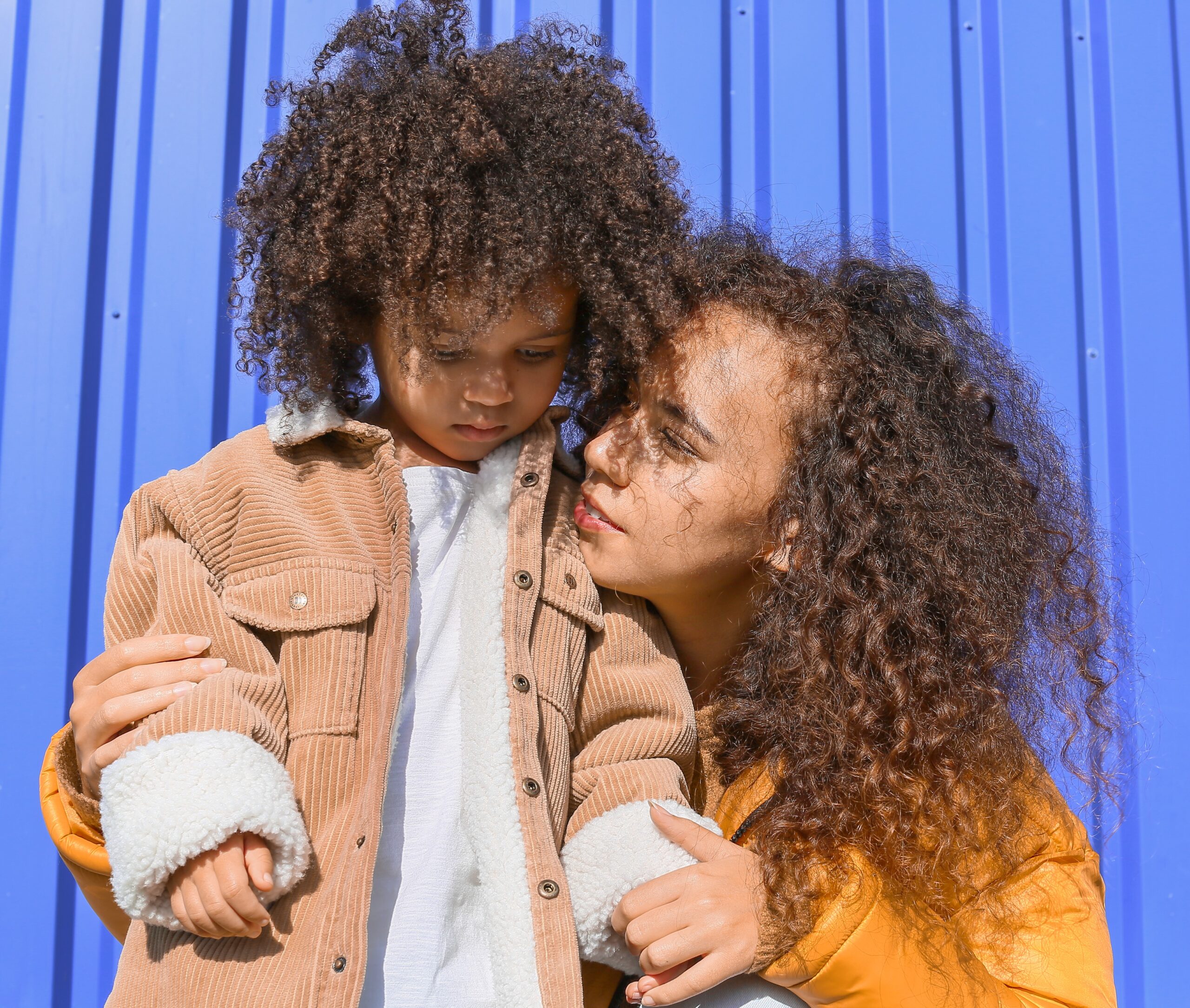What we do
Our family violence prevention work aims to understand the unique needs, experiences and situations of our migrant and refugee community members and develop meaningful programs that respond in a culturally appropriate manner.
Family violence takes many forms including emotional, financial, verbal, physical, sexual and social and is a pattern of controlling behaviour used to maintain power in a relationship by one partner over the other. Our family violence prevention work is critical to stopping this before it starts or escalates and is delivered in schools, community centres and in comfortable and safe spaces that suit the needs of our culturally and linguistically diverse community members. Prevention programs are tailored to the needs of the community and is always in close consultation and at times as part of a co-design process with community groups.
SECL is currently delivering the Towards Gender Equality and Safer Families program which builds the capacity of multicultural and faith communities to address family violence and all forms of violence against women through innovative, culturally appropriate and tailored primary prevention and early intervention projects.
This project offers the community greater understanding, education and strategies to strengthen the important relationships in their lives so that they (and their children) experience healthy and happy relationships that are free from violence.
Our family violence prevention team have been involved in various initiatives and projects that have developed resources and learnings to share with the community and sector:
Safer and Stronger Communities Pilot Project: An overview of our achievements, our learnings and our recommendations for the future of family violence prevention work migrant and refugee communities.
Change the Story – Community designed multilingual resources in Dari, Hazaragi, Tamil, Hindi and Punjabi that describe how violence against women occurs in various multicultural communities.
Who is eligible?
Multicultural and faith community members.
GET IN TOUCH
![]() 0403 428 967 – Andrea
0403 428 967 – Andrea
![]() 0401 775 600 – Divya
0401 775 600 – Divya
For more information about our work in family violence prevention, call or email Andrea Shepherd and Divya Mohan today.
